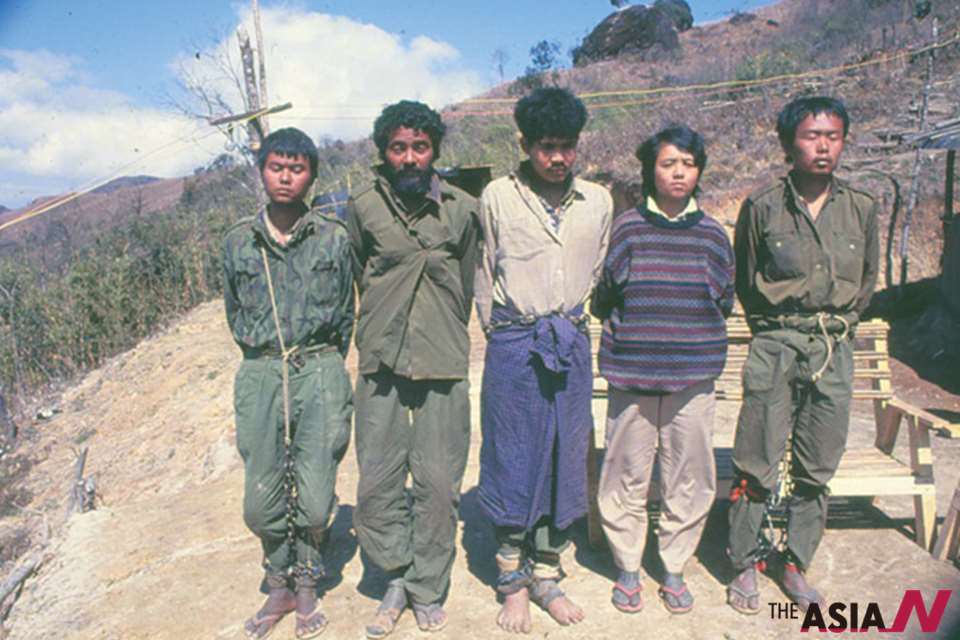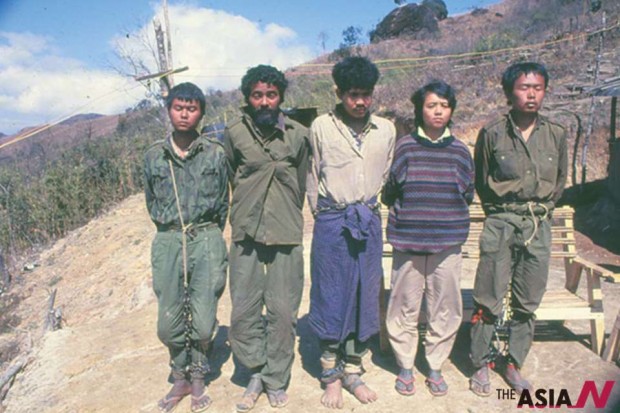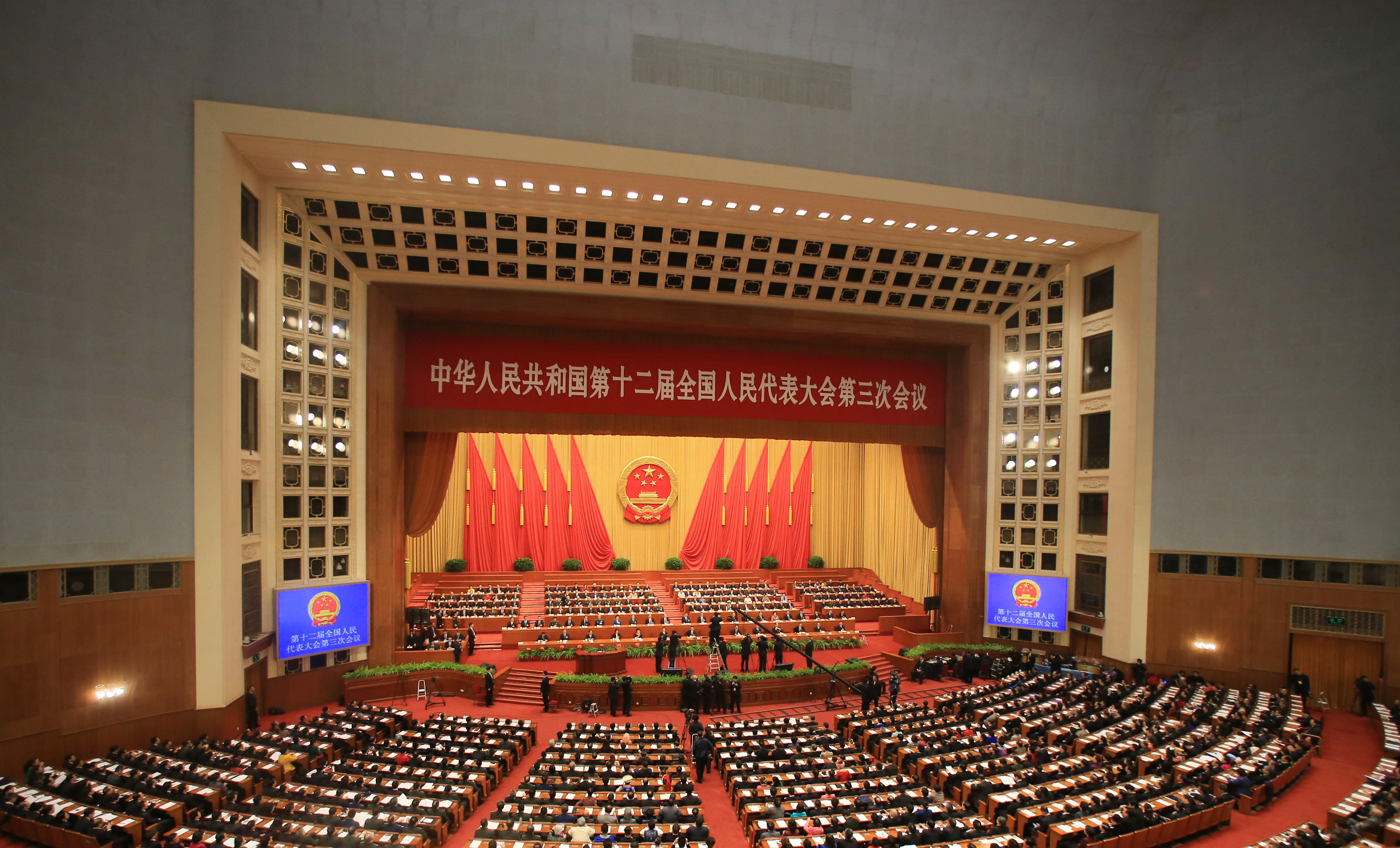
[Asia Round-up] 2,290 Chinese officials disciplined for excessive extravagance
Editor’s note: Followings are summaries of editorials from major Asian media on current issues.
2,290 Chinese officials disciplined for excessive extravagance
[China, China Daily, 31-07-2013]
More than 2,000 Party and government officials have been punished as of late June for violating new Party rules on extravagance and excessive formality according to a top anti-graft agency official. Xu Chuanzhi, head of the department supervising the work habits of Party officials’ work habits under the Central Commission for Discipline Inspection of the Communist Party of China, said that a total of 2,290 officials violated the guidelines.
Guidelines were issued last December by the CPC Central Committee to improve Party work habits and clamp down on corruption and misuse of public funds. The commission publicized eight typical cases of misappropriation of public funds such as for entertainment purposes or illegal acceptance of cash or gifts.
Cases included an official from Qingshan district of Wuhan taking 10 civil servants sightseeing with government funds and Wang Qinsheng, deputy head of the Hunan provincial department of justice, accepting money and gifts at his son’s wedding.
Besides the eight guidelines to follow, the CPC Central Committee has initiated a “mass line” campaign to require officials to prioritize the people’s interests and maintain close ties with the public. It is also urging disciplinary authorities on all levels to strengthen inspection, supervision and enforcement of the anti-bureaucracy rules.
Fate of Myanmar militant students raises difficult questions
[Myanmar, Eleven Media Group 30-07-2013]
After President Thein Sein’s recent visit to the United Kingdom, where he declared there would be no more political prisoners in Myanmar, his administration released 73 political prisoners on July 23. This led to questions about the ultimate fate of a member of militant All Burma Student’s Democratic Front (ABSDF) Than Gyoung, also known as Myint Soe or Sao Khun Kyaw, who remains behind bars. Than Gyoung is accused of killing 39 fellow students between 1991 and 1992, some were executed for being spies and others tortured to death during interrogation.
Thirty-nine of the recent 73 political prisoners were members of the ABSDF, a group of students who left their homes to take up arms against the military dictatorship following the brutal crackdown on the pro-democracy uprising of 1988. The majority of the ABSDF members were released except for Than Gyoung and two others.
Than Gyoung committed very severe crimes and it would not be proper to regard him as a mere political prisoner, said San San Aye, the daughter of U Sein, ex-student of Hmaing Ya Pyae and the publisher of Deedoke Journal, who was tortured to death.
Than Gyoung later defected and became a commander of the No. 241 Brigade of Shan State Army. He was arrested on January 1, 2006 and sentenced for 11 charges including treason. However, no action has been brought against him for the murder of fellow ABSDF students.
There is much debate going on about the situation through social media and local media outlets. Many believe that releasing Than Gyoung as a political prisoner would absolve him from his crimes committed under the ABSDF. This is one of the difficult, yet necessary debates about Myanmar’s past pro-democracy struggle and its transition from a military regime.
End carnage on our roads
[Thailand, Bangkok Post, 30-07-2013]
According to World Health Organization(WHO)’s new edition of the Global Status Report on Road Safety, Thailand has the worst traffic safety record of any major country in the world.
Thailand last year had 26,312 traffic deaths on highways, roads and urban streets; 38.1 deaths per 100,000 people. It’s the worst in the world among major countries, and demands serious attention. The second is Indonesia(17.7) and the third is Myanmar(15).
The WHO report says, an astounding 74% involve drivers or passengers on two- or three-wheeled vehicles. The next were in cars and pickup trucks(13%). Contrary to perception and media reports, fewer than 1% of road fatalities last year involved buses or heavy goods vehicles.
As the WHO report makes clear, the country lacks two mandatory tools to bring down the bloody highway toll: a proper system of laws, and the will to enforce them. By a margin of 10 to 1 over cars and pickups, lack of driver experience and proper licensing turns motorcycles into the nation’s most deadly vehicle.
The first badly needed action can be summed up in three words: Education, licensing and enforcement. All three must work together.
A reliable road network must rely upon those who use it. The WHO award of “most dangerous roads in the world” should be a sobering one. We must find the will to take dangerous drivers off the roads and make our highways and streets safe for all.
Made in Asean, made in the world
[Philippines, Philippine Daily Inquirer, 30-07-2013]
Two significant economic events will come in two years; the Asean Economic Community (AEC) unifying its 10 member-economies into a single market and production base and Philippines’ hosting of the Asia-Pacific Economic Cooperation (Apec) Summit. AEC and Apec both aim for closer economic integration.
Things have come a long way in over two decades since the launch of the Asean Free Trade Area (Afta) in 1992 and the birth of Apec in 1989. In 1991-1992, there was much doubt on the usefulness of pursuing Afta. However, total trade within Asean more than doubled from US$161 billion to $351 billion between 1996 and 2006, and grew faster than Asean’s overall trade did within that period.
For the Philippines, trade with Asean has similarly assumed greater prominence over the years. Such increased intra-regional trade has been the result of deliberate moves by Asean to establish international and regional production networks through cross-border investment schemes. Also, by specialising in particular components, everyone could benefits from economies of scale (lower unit costs made possible by larger volumes of production).
This is the new shape of international trade, both regionally and globally. International trade is now about taking part in a production network that transcends many national borders, leading to finished products with no clear national identity.
Dr. Sherry Stephenson pointed out that a Boeing aircraft is not quite “Made in America”, but more aptly, “Made in the World”, having various major components manufactured in different countries.
As the Philippines positions itself for the AEC, Apec, Regional Comprehensive Economic Partnership or Trans-Pacific Partnership, the name of the game is regional and global value chains—and we must find our strategic place in these.




